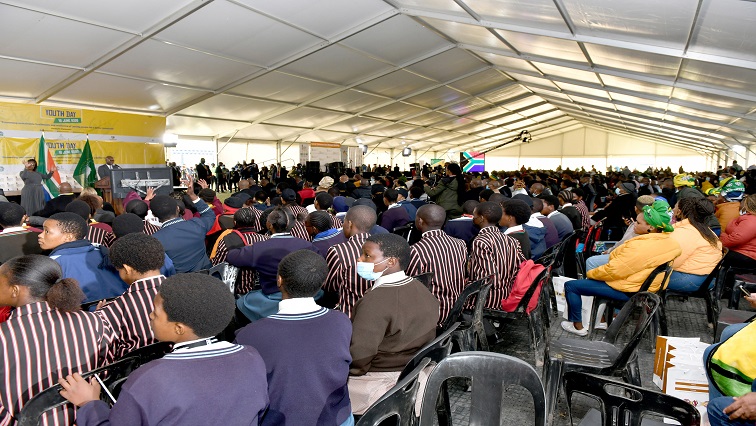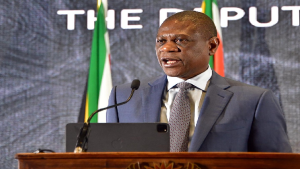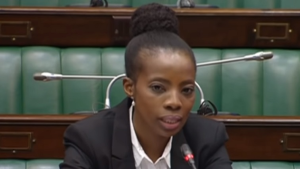As the country commemorates Youth Month, South Africa’s increasing unemployment rate remains a thorn in the side of many young people.
The nation commemorates the Soweto Uprising of June 16, 1976, which took place 47 years ago, but the issue of youth unemployment has once again been thrust into the spotlight.
According to Stats SA’s most recent Quarterly Labour Force Survey, youth unemployment has risen to alarmingly high levels, reaching 62.1% in the first quarter of this year.
South Africa has an estimated 4,9 million unemployed young people.
Some youth feel there is no need to continue celebrating Youth Day because they have nothing to rejoice about.
“We are not working. The government is failing young people. They always tell us to go to school and further our studies, but what happens after graduating? Young people are not working in this country.”
Some have even accused the government of prioritising ‘old politicians’ over young graduates.
“Look at how our Parliament is full of old people. Those people should be sitting at home looking after their grandchildren.”
They are urging the government to avoid employing only those under the age of 35, and are encouraging the government to create genuine employment opportunities rather than Expanded Public Works Programme (EPWP) jobs.
“If you are over 35 years old, forget about getting a government job. These people only know us when they want our votes. They are busy creating EPWP jobs, but what can you do with EPWP? Those things are useless,” adds this graduate.
According to some unemployed graduates, joblessness denies them an opportunity to participate meaningfully in the labour market. This, they say, leads to increased poverty and a high crime rate.
Meanwhile, Economic Freedom Fighters (EFF) leader Julius Malema has proposed that graduates and matriculants who are unemployed receive a grant of R1000 per month from the government while they are job hunting.
Political analyst, Rebone Tau says, unlike the youth of 1976, today’s youth lacks the ability to raise issues affecting them currently.
“When I talk to young people, they say yes they do appreciate the efforts that were made by the older generation. But what is sad, is that they lack the revolutionary conscience as the youth of today. Most of them are not using the freedom that they have today. For example, most of them don’t vote during the elections,” adds Tau.
He adds that today’s youth is not appreciative of the struggle that was made during the apartheid government.
‘Youth of 1976 united in struggle’
However, director of the Centre for Sociological Research and Practice, at the University of Johannesburg, Dr Trevor Ngwane says the struggles of today if different from the struggle of the June 1976 generation.
He points out that the youth of 1976 was united in their struggle and that helped them achieve their objectives. Ngwane goes on to say that today’s politicians have stolen the hope of the young and created the perception that things will never change.
“We [the older generation] were fighting for a society that everyone should be equal. But today we are being told that we must fight as an individual, we must be entrepreneurs.”
The video below is reporting more on the story:






